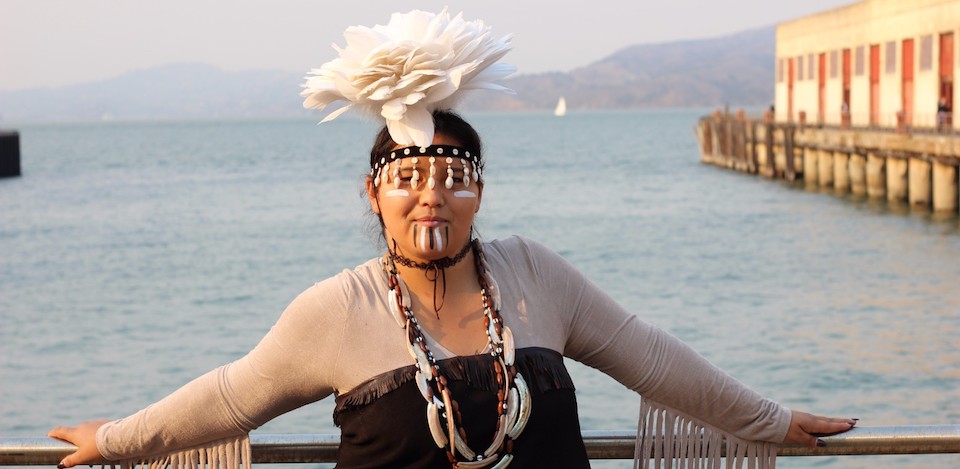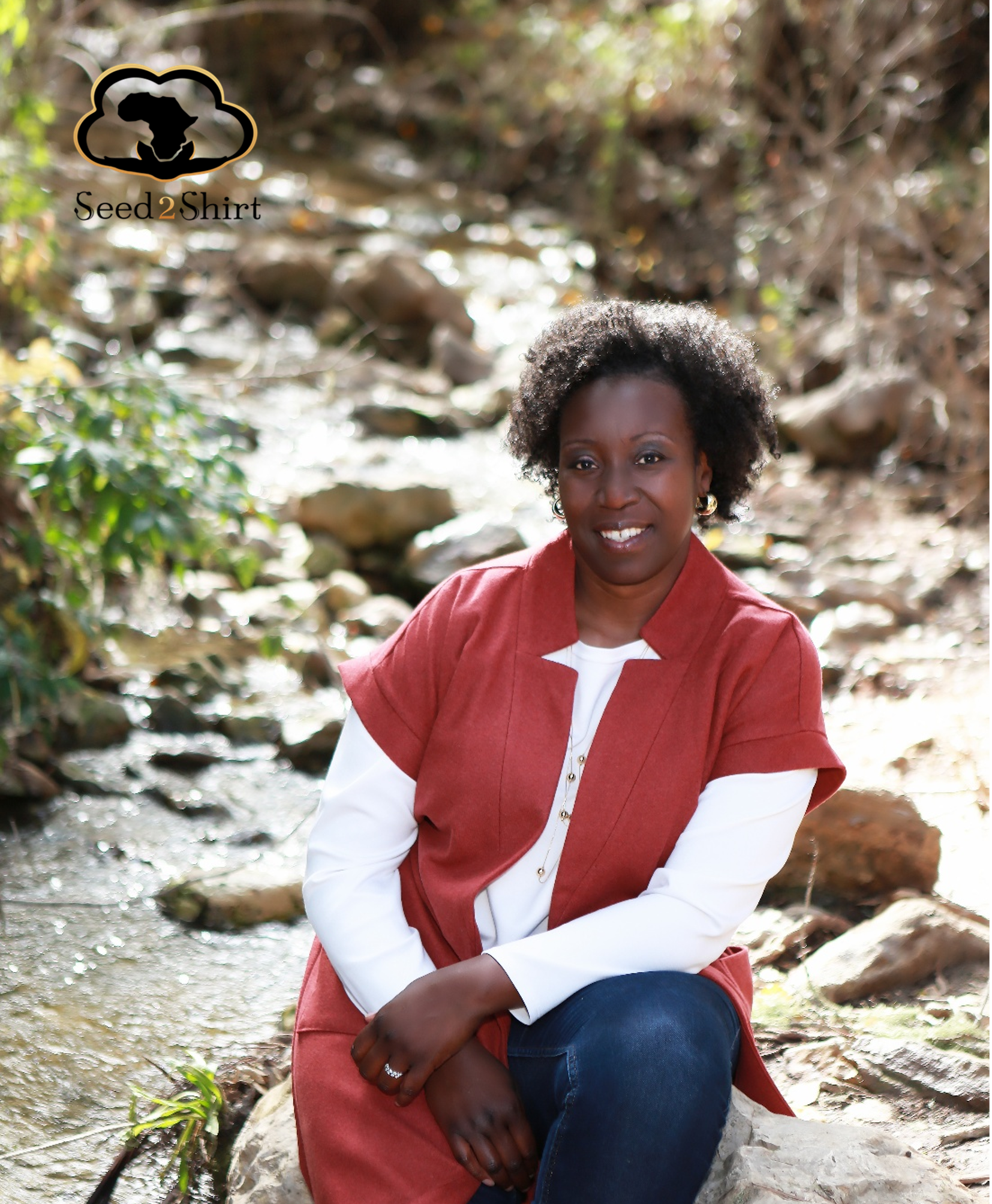Subscribe to Next Economy Now on Apple Podcasts, Spotify, Pandora, Google Podcasts, YouTube, or wherever you find podcasts.
A former Associate Partner with McKinsey & Company, Frédéric Laloux holds an MBA from INSEAD, and a degree in coaching from Newfield Network in Boulder, Colorado. He has traveled widely and speaks five languages fluently. Frédéric Laloux works as an adviser, coach, and facilitator for corporate leaders who feel called to explore fundamentally new ways of organizing. His work draws on two strands: his deep understanding of the inner workings of organizations, and his longstanding fascination with the topic of human development and his own joyful journey of personal and spiritual growth.
His research in the field of emerging organizational models, published in his book Reinventing Organizations, has been described as “groundbreaking” and “a leap in management thinking” by some of the most respected scholars in the field of human development and management. The book focuses on how a currently emerging, new form of consciousness is bringing forth a radically more soulful, purposeful, and productive management paradigm.
Some highlights from our interview include:
A brief overview of the concepts and inspiration behind Reinventing Organizations
What Laloux would change if he could write the book over again today
What is was like for Laloux to present his findings to the Dalai Lama
How the election of Donald Trump has affected Laloux’s worldview
The book he most often gives as a gift
What’s next for him in the next 6-12 months
---
Resources:
Reinventing Organizations Wiki
Translations of Reinventing Organizations
Enlivening Edge: News from Next-Stage Organizations
The Center for Nonviolent Communication
Videos:
Presenting the ideas of Reinventing Organizations to His Holiness the Dalai Lama
A talk, followed by Q&A, by Frederic Laloux about Reinventing Organizations
Books:
Sacred Commerce: Business as a Path of Awakening – Matthew & Terces Engelhart
The More Beautiful World Our Hearts Know Is Possible – Chapter 1: Separation – Charles Eisenstein
Sacred Economics: Money, Gift and Society in the Age of Transition – Charles Eisenstein
Flash Ball & Money Boys – Michael Lewis
Let Your Life Speak: Listening to the Voice of Vocation – Parker Palmer
Working Identity: Unconventional Strategies for Reinventing Your Career – Herminia Ibarra
Organizations Modeling Teal Characteristics:
---
LIFT Economy Newsletter
Join 8,000+ subscribers and get our free 60-point business design checklist—plus monthly tips, advice, and resources to help you build the Next Economy: https://lifteconomy.com/newsletter
---
Next Economy MBA
This episode is brought to you by the Next Economy MBA.
What would a business education look like if it was completely redesigned for the benefit of all life? This is why the team at LIFT Economy created the Next Economy MBA (https://lifteconomy.com/mba).
The Next Economy MBA is a nine month online course for folks who want to learn key business fundamentals (e.g., vision, culture, strategy, and operations) from an equitable, inclusive, and regenerative perspective.
Join the growing network of 350+ alumni who have been exposed to new solutions, learned essential business skills, and joined a lifelong peer group that is catalyzing a global shift towards an economy that works for all life.
Learn more at https://lifteconomy.com/mba.
---
Show Notes + Other Links
For detailed show notes and interviews with past guests, please visit https://lifteconomy.com/podcast.
If you enjoy the podcast, would you please consider leaving a short review on Apple Podcasts/iTunes? It really helps expose these ideas to new listeners: https://bit.ly/nexteconomynow
Twitter: https://twitter.com/LIFTEconomy
Instagram: https://instagram.com/lifteconomy/
Facebook: https://facebook.com/LIFTEconomy/
YouTube: https://youtube.com/c/Lifteconomy
Music by Chris Zabriskie: https://chriszabriskie.com/





















